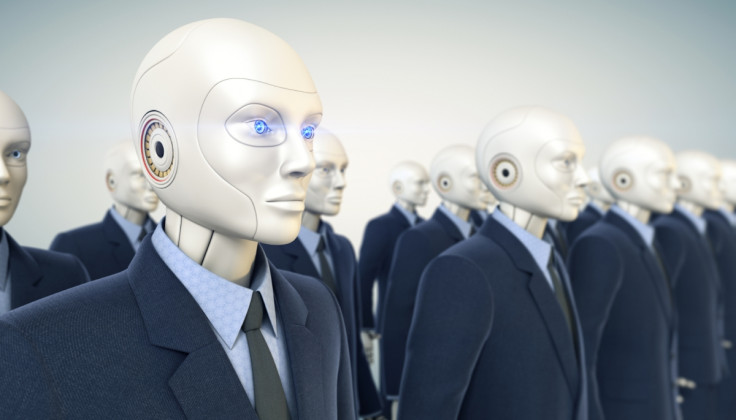AI: Machines will be able to do almost any job by 2045 – so what will become of humans?

By 2045, machines and computers will be able to complete almost any task humans can and, as a result, we must find a way to adapt to this new way of life before it actually happens, a computer scientist has said. Moshe Vardi, from Rice University in Texas, says we must carefully consider the impact smart robots will have on society, as it is not necessarily a "promising future".
Vardi is set to make a talk on the issue at the annual meeting of the American Association for the Advancement of Science in Washington, DC. "We are approaching a time when machines will be able to outperform humans at almost any task," he said.
"I believe that society needs to confront this question before it is upon us: If machines are capable of doing almost any work humans can do, what will humans do? The question I want to put forward is, 'Does the technology we are developing ultimately benefit mankind?'"
He said while some people believe having artificial intelligence carry out most jobs will mean humans are free to live a life of leisure, this might not work out for us too well as a species. Would billions of people not working ultimately benefit humanity? Vardi does not think so.
"I do not find this a promising future, as I do not find the prospect of leisure-only life appealing. I believe that work is essential to human well-being," he said. "Humanity is about to face perhaps its greatest challenge ever, which is finding meaning in life after the end of 'in the sweat of thy face shalt thou eat bread'. We need to rise to the occasion and meet this challenge."
Vardi has long pondered what will happen if AI means human labour becomes obsolete. In 2012, he wrote on the topic for the Atlantic. He asked, does the future need us? In comparison to the Industrial Revolution, the AI Revolution involves computers competing with human brains, rather than brawn.
He points to a number of problems with AI, namely the economic restructuring that would be required for this type of society and that – as a species – we need work for well-being. "People tell me that my concerns apply only to a future that is so far away that we need not worry about it," he said.
"I find this answer to be unacceptable. 2045 is merely a generation away from us. We cannot shirk responsibility from concerns for the welfare of the next generation. We cannot blindly pursue the goal of machine intelligence without pondering its consequences."
© Copyright IBTimes 2025. All rights reserved.






















